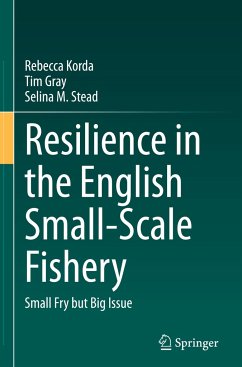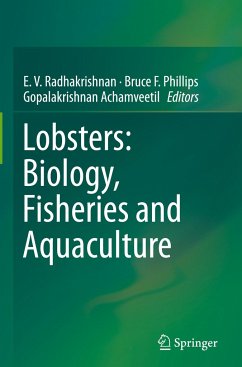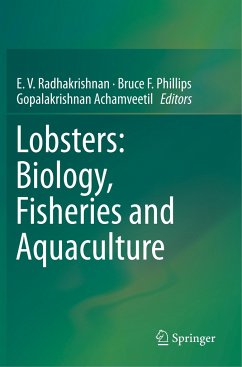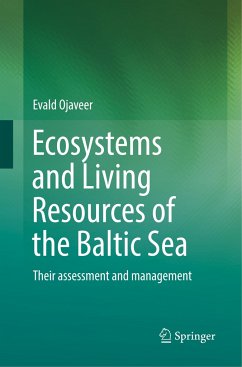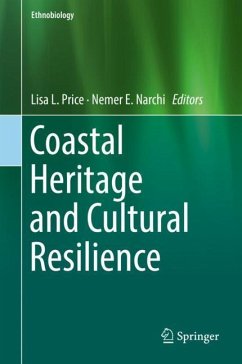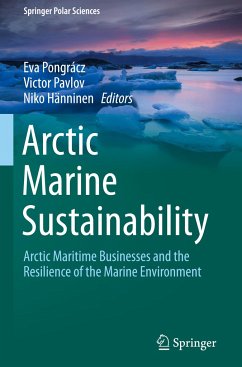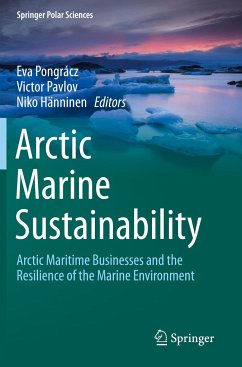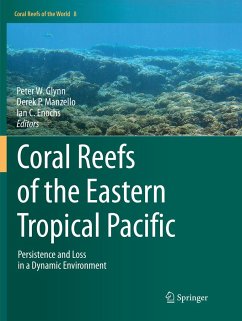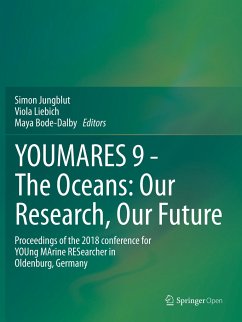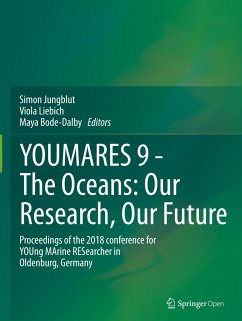
Resilience in the English Small-Scale Fishery
Small Fry but Big Issue
Versandkostenfrei!
Versandfertig in 6-10 Tagen
76,99 €
inkl. MwSt.
Weitere Ausgaben:

PAYBACK Punkte
38 °P sammeln!
This book is a contribution to our understanding of the worrying situation of small-scale fisheries (SSF) which face marginalisation in most coastal countries. The authors explain why SSF are so pressured; how there has been a powerful backlash against this marginalisation during the last 30 years; what are the main ideational currents supporting this backlash; and what is the enduring value of SSF that justifies that support. The authors discuss the major contemporary interpretations of SSF; the challenges facing SSF globally and in England; and SSF's coping strategies in response to those ch...
This book is a contribution to our understanding of the worrying situation of small-scale fisheries (SSF) which face marginalisation in most coastal countries. The authors explain why SSF are so pressured; how there has been a powerful backlash against this marginalisation during the last 30 years; what are the main ideational currents supporting this backlash; and what is the enduring value of SSF that justifies that support. The authors discuss the major contemporary interpretations of SSF; the challenges facing SSF globally and in England; and SSF's coping strategies in response to those challenges through the framework of resilience theory. In an innovative analysis, the authors show how there are three kinds of resilience: passive resilience (where fishers are resigned to their adverse fate), adaptive resilience (where fishers make the best use of the opportunities that are available to them), and transformative resilience (where fishers attempt to change the system that faces them). The authors draw on an extensive range of interview data to provide rich insights into the world of SSF, and they discuss a variety of proposals for improving their conditions. The book will appeal to the growing academic and public community that is following with increasing concern the debate about the future of SFF, and to the environmental movement which has committed itself to support SSF as a greener form of fishing than the large-scale industrial sector.



